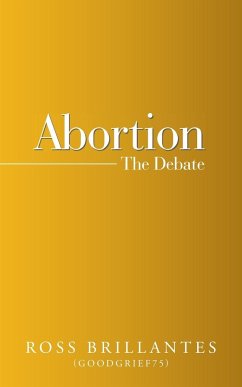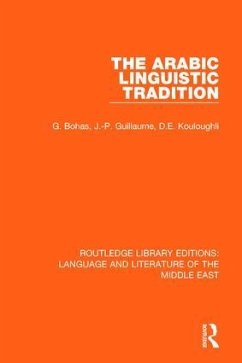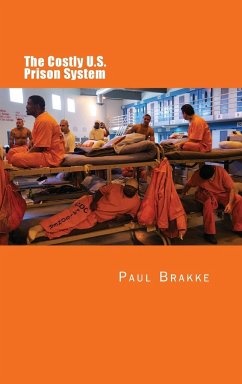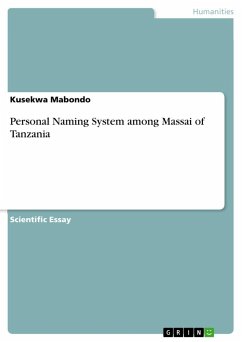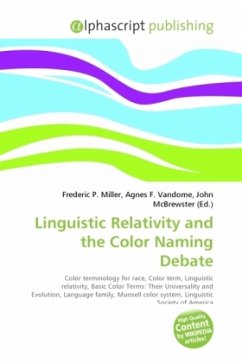
Linguistic Relativity and the Color Naming Debate
Versandkostenfrei!
Versandfertig in 6-10 Tagen
19,99 €
inkl. MwSt.

PAYBACK Punkte
10 °P sammeln!
Linguistic relativity stems from a question about the relationship between language and thought, about whether one's language determines the way one thinks. This question has given birth to a wide array of research within a variety of different disciplines, especially anthropology, cognitive science, linguistics, and philosophy. Among the most popular and controversial theories in this area of scholarly work is the theory of linguistic relativity (also known as the Sapir-Whorf hypothesis). An often cited "strong version" of the claim, first given by Lenneberg in 1953 proposes that the structur...
Linguistic relativity stems from a question about the relationship between language and thought, about whether one's language determines the way one thinks. This question has given birth to a wide array of research within a variety of different disciplines, especially anthropology, cognitive science, linguistics, and philosophy. Among the most popular and controversial theories in this area of scholarly work is the theory of linguistic relativity (also known as the Sapir-Whorf hypothesis). An often cited "strong version" of the claim, first given by Lenneberg in 1953 proposes that the structure of our language in some way determines the way we perceive the world. A weaker version of this claim posits that language structure influences the world view adopted by the speakers of a given language, but does not determine it.





